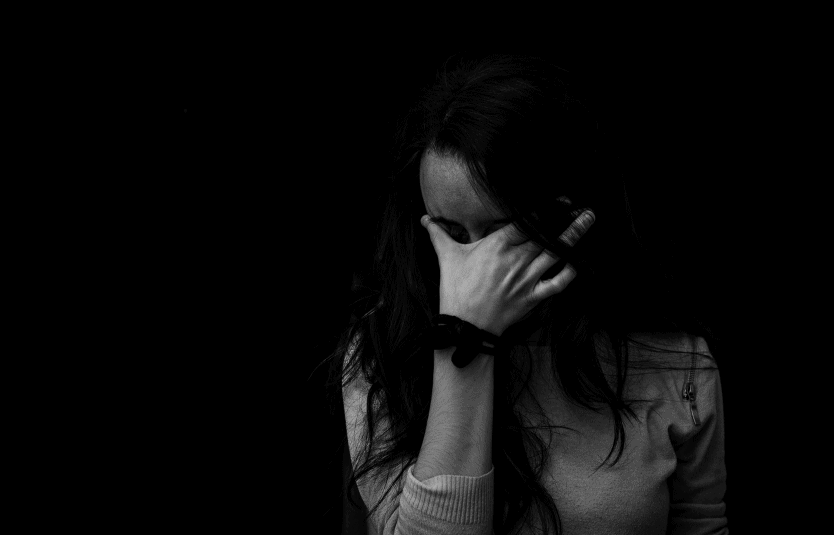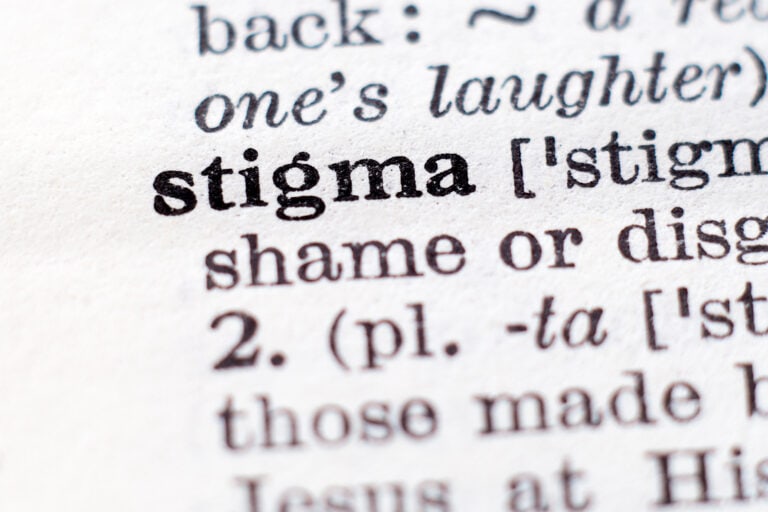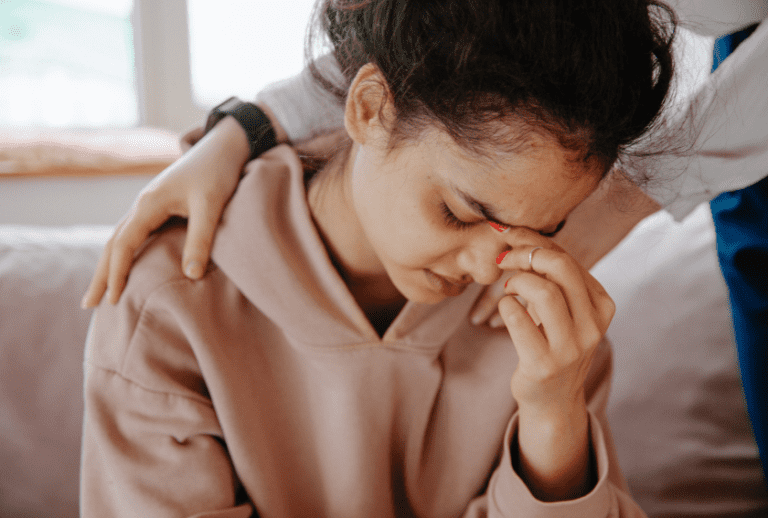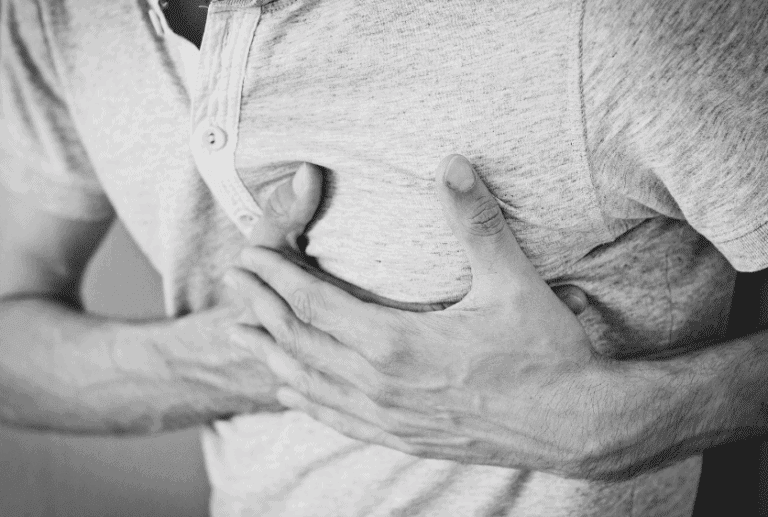If you’ve noticed a change in your loved one’s behavior recently, you might be worried that they’ve developed a mental health disorder. Anxiety, depression, and bipolar disorder can affect one’s behavior, making them seem off or different. If you notice a change in a loved one, you might want to pry and try and figure out what’s going on.
This might not be the best way to go about things. By being a friend and supporting them through the hard time they’re experiencing, they may open up to you. Open and honest communication is important in these difficult situations and can help both you and your loved one immensely.
However, how can you tell the difference between bipolar disorder and depression? How can you tell if your loved one is sad or if they have a mental disorder? Use this guide to learn about the signs of bipolar disorder and how you can help your loved one seek treatment.
What is Bipolar Disorder?
Bipolar disorder is a mood disorder that can cause intense mood swings. These mood swings may occur rapidly or over a long period of time. Those with bipolar disorder often switch from feeling manic to feeling depressed or the other way around. They may also experience both moods at the same time.
There are a few types of bipolar disorder:
- Bipolar I disorder involves manic episodes that last seven days or longer. These episodes often require medical attention. Depressive episodes may still occur.
- Bipolar II disorder involves depressive episodes and shorter manic episodes that don’t last as long. This is referred to as hypomania. This type of mania is usually less severe.
- Cyclothymic disorder involves both types of episodes, but the episodes are as intense or as long as in other disorder types. Cyclothymic disorder isn’t lifelong and usually only lasts for one to two years.
Signs and Symptoms of Bipolar Disorder
If you believe something is going on with your loved one, you should watch out for the following signs. Because bipolar disorder can cause both depression and mania, you should be on the lookout for symptoms and signs that match either of the following categories.
Signs of Depression
If your loved one has seemed more sad or upset lately, this could be a sign of a depressive cycle. However, it can be difficult to tell the difference between sadness and depression. Depression often lasts for a longer amount of time and can have other side effects including:
- Frequently missing work or school
- Having little energy
- Sleeping too much or too little
- Lack of interest
- Thinking about or attempting suicide
- Feeling hopeless or worthless
- Eating too much or too little
- Talking slowly
- Forgetfulness
- Isolating or feeling lonely
Signs of Mania
On the other hand, signs of mania are quite the opposite. If you notice signs of a manic episode (especially following a depressive episode), you may want to help your loved one seek treatment for potential bipolar disorder. Signs of mania include:
- Feeling high, “up”, or elated
- Feeling jumpy or more active
- Racing thoughts
- Speaking quickly
- Sleeping less than usual
- Feeling unusually confident or powerful
- Having a short temper
- Irratbility
- Poor judgment
- Impulsivity
Knoxville Recovery Center Can Help
If you believe that your loved one is struggling with bipolar disorder, it’s important to speak with them about their options. Mental health treatment can include therapy and medication and is incredibly beneficial for bipolar patients. If you or your loved one is looking for holistic treatment in Tenessee, we’re here to help.
For more information or to learn more about our treatment options, call Knoxville Recovery Center today.










